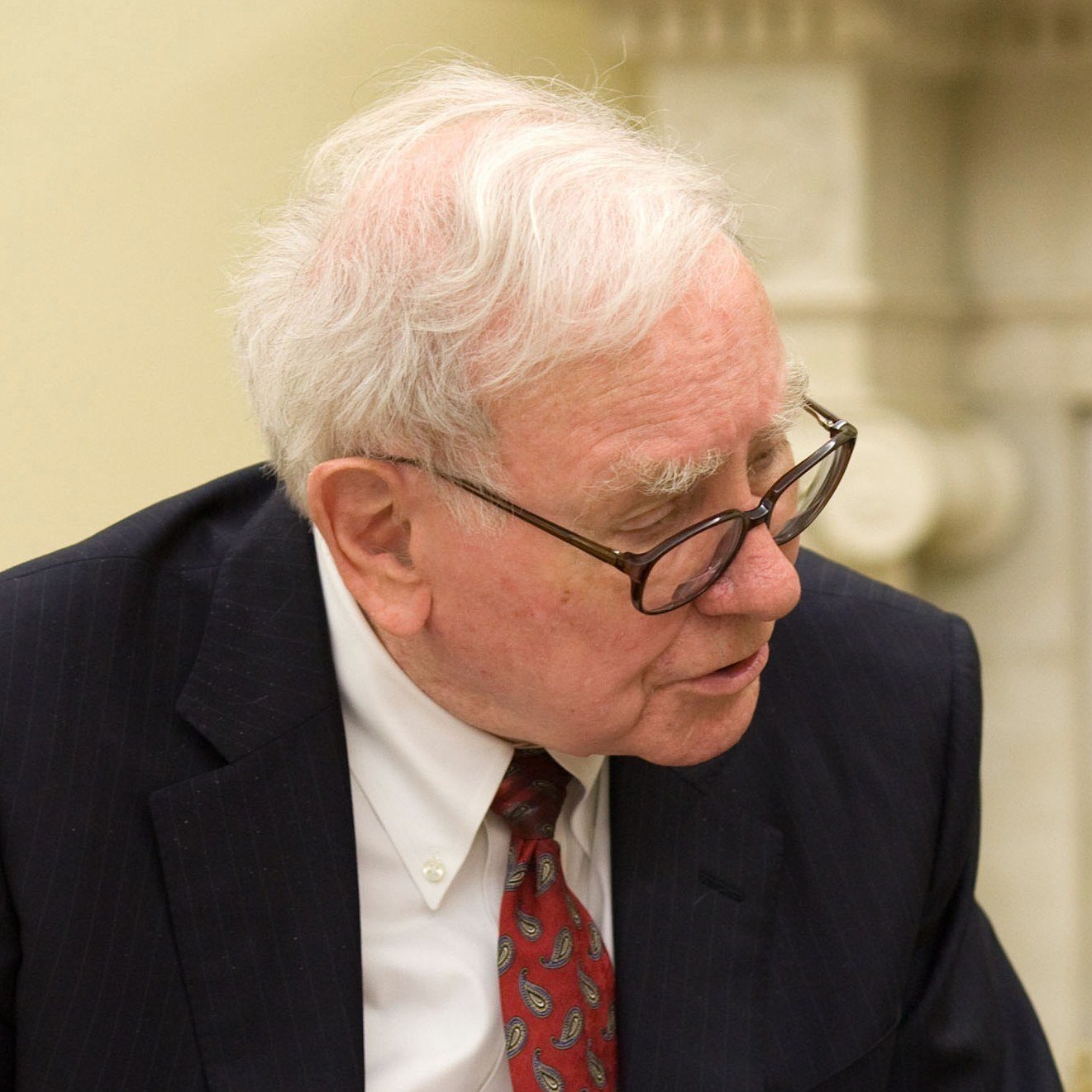

Since bottoming in mid-November at $56.30 a share, Wal-Mart Stores Inc. (NYSE: WMT) shares have gained over 17% and was the best performing Dow 30 stock in 2016 until Thursday’s post-earnings drop. Despite the fall though, the stock is still among the Dow’s best this year, handily outperforming the industrial index, to the surprise and considerable confusion of many an analyst. Unless you bought at or near the bottom though, take that with several grains of salt, because 2015 was not friendly to Wal-Mart shareholders by a long shot. Shares are still 25% lower than they were a year ago.
The 52-week performance notwithstanding, everyone is scratching their heads as to why the stock is doing generally well while the rest of the Dow has performed so dismally. While there is no absolute answer to this question, there is a confluence of factors that, taken together, help explain what has happened since November. They include individual developments within Wal-Mart itself, general developments in the retail sector of which Wal-Mart is the biggest part, and finally much wider developments within the boom-bust business cycle as a whole.
First let’s take Wal-Mart-specific factors. In terms of the stock itself, Wal-Mart was the worst performing Dow Jones Industrial Average stock in 2015. Now, in any given year there is always a worst performing Dow stock, so that by itself is not groundbreaking news. What is remarkable about Wal-Mart being the worst 2015 Dow stock is that it happened specifically during a year of spectacular oil price declines and a collapse of commodity prices in general. Normally this should help retailers like Wal-Mart because they have lower operating expenses in such an environment.
Despite this, Wal-Mart shares got destroyed last year even worse than commodity and oil-based Dow stocks themselves like Caterpillar, Exxon Mobil and Chevron. While Wal-Mart as a company had a dismal 2015, for an established retailer to fall more than commodity stocks during a commodity price collapse does not make any sense. The sell-off, while deserved, was exaggerated and a bounce inevitable.
Thank you for reading! Have some feedback for us?
Contact the 24/7 Wall St. editorial team.
 24/7 Wall St.
24/7 Wall St.


